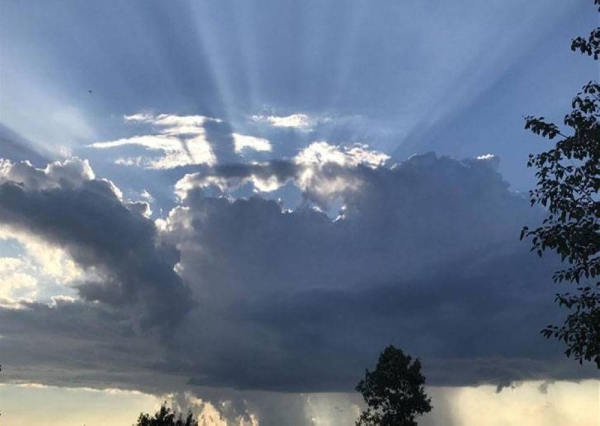
The Ministry of Environment, Water and Agriculture (MEWA) has started implementing measures to prevent camels from entering the holy sites during the Hajj season, as part of precautionary measures taken by the authorities to confront COVID-19.
Eng. Saeed Al-Ghamdi, director of MEWA’s branch in the Makkah region, said that the decision was taken to prevent any possibilities of the virus being spread by animals to humans’ transmission.
He said that MEWA has prepared its Hajj plan and follows its implementation. “This includes making available specialized veterinary cadres working around the clock to examine the sheep coming through the Jeddah Islamic Port, and to ensure their safety by visual and laboratory checking.”
As part of the plan, checkpoints are being established at the entrances of Makkah to prevent the entry of any herds of sheep before verifying their source and health status, he said.
Al-Ghamdi said that seven specialized teams have been assigned at various destinations of the holy capital, including Al-Kaakiyah, Shumaisi, Al-Qadim, Al-Nawwariya, Al-Hada, Ja’arana, and Al-Husseiniya. Four field veterinary teams have also been deployed for livestock markets, as well as for emergency and support services.
A workshop was also conducted by MEWA in Makkah to provide specialized training for the Hajj veterinary teams.
Its aim was to shed light on the most expected bacterial and viral diseases, and methods of collecting and preserving samples. The workshop helped to raise the degree of efficiency and readiness of the participating individuals.
Eng. Al-Ghamdi urged all the concerned ministry staff that is assigned duty for this year"s Hajj season to redouble their efforts and raise the level of readiness to serve the pilgrims.
He also emphasized the importance of the vital and continuous role played by MEWA, and its eagerness to provide all services in a way that meets the needs of pilgrims and visitors to the holy sites.












